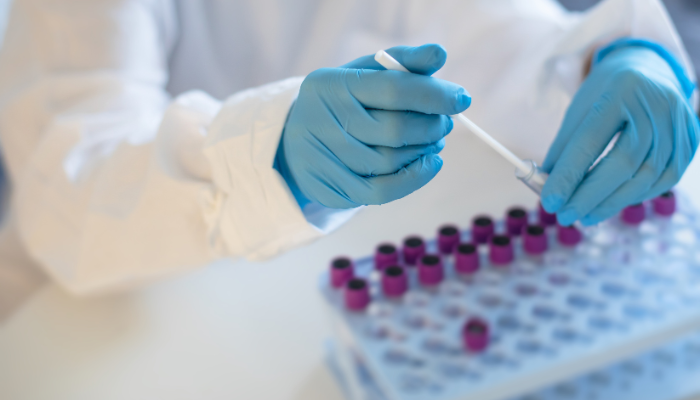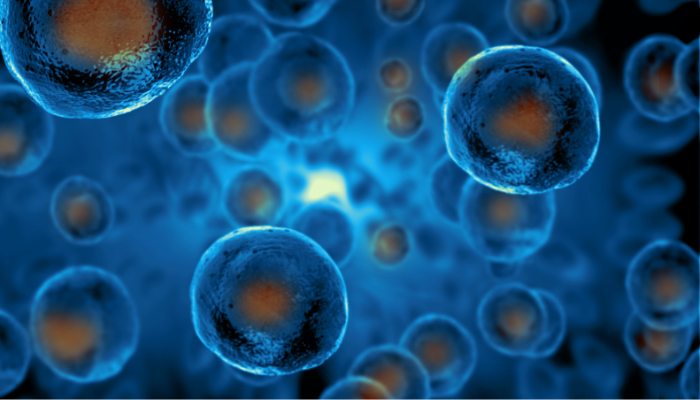Cell Line Authentication
CellCheck™ can help you catch errors before it’s too late

Get comprehensive and fast results with CellCheck™
Cell line authentication can be confusing. We make it simple. Our expert team will take care of everything from start to finish and do it fast. We’ll take your cryovial, provide data analysis and interpretation, and even provide a contamination recovery plan, if necessary. Plus, CellCheck™ detects not only contamination, but also misidentification, so you can be 100% confident in your results.

Why is cell line authentication critical?
The National Center for Biotechnology Information (NCBI) estimates that as many as one in three cell lines used in research have experienced at least one known contamination event. That doesn't mean that your lines are not what you think they are, but you need careful cell line testing.
Contaminated and misidentified cell lines can lead to:
- Loss of valuable research time, materials, and animals
- Wasted money & effort that could have been better used elsewhere
- Research delays, dead ends, and distractions
- Retracted papers or grant applications
.jpg?width=700&height=400&name=Pipetting%20-%20700x400%20(1).jpg)
When should I authenticate cell lines?
There are many situations in which cell lines should be authenticated. These include but are not limited to the following scenarios.- Whenever you acquire a new cell line
- Whenever you’re banking frozen materials for later use
- As a standard quality control measure during experiments
- When cell line performance is inconsistent or results are unexpected
- When starting a new series or experiments
- When passaging cell lines
- After creating a novel cell line
Make IDEXX BioAnalytics your trusted partner in cell health
Quality and Speed
STR analysis and multiplex PCR resting deliver fast, accurate, and affordable cell line authentication results so you can check your cells regularly.
Unparalleled Confidence
At the same time, check your cells for contamination and misidentification, ensuring 100% confidence in your cells and data.
Expert Guidance
Comprehensive data analysis, interpretation, and contamination recovery plans, if needed, to keep your research running smoothly.
Easy Submission
Our step-by-step submission process with expert support on demand makes cell line authentication straightforward and efficient.
CellCheck™ sample collection & shipping
![]()
Sample Requirements
Cells
1x106 cells/vial
In media, pellet or phosphate buffered saline (PBS)
Tumor / Tissue
30 mg (2-3mm2)
![]()
Collection Instructions
Submit one cryovial containing approximately 1x106 cells/vial of each biological or cultured cell sample.
If limited amounts of samples are available or require evaluation, call for more information.
Cells may be in the form of a pellet or in growth media, freeze media or phosphate buffered saline (PBS).
For liquid samples, submit one cryovial of each sample with 0.5 mL of sample/vial.
![]()
Shipping
Ship samples by overnight courier with sufficient ice packs or dry ice so that samples remain frozen during shipment
![]()
Turnaround Time
3 business days
![]()
Additional Information
The following tests can be performed on a single vial of cells: CellCheck, STAT-Myco, h-IMPACT, IMPACT, iCS-Digital, STAT-Endo and ConfirmPDX.
A separate vial of cells is required for sterility testing
Please consult with your account manager if you have any questions
Fast, accurate, and reliable results from the team you know and trust.
Connect with IDEXX BioAnalytics today.